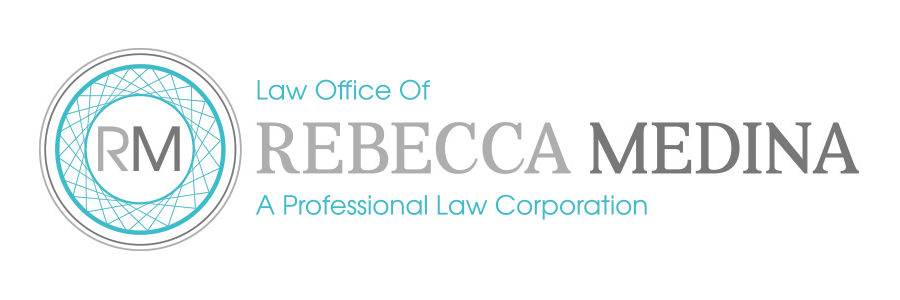There are several ways to obtain a divorce without ever going to court. Your particular route will depend on the circumstances of your divorce, your relationship with your spouse, and how many issues are in dispute. Two of the most popular ways to avoid the adversarial litigation process are types of alternative dispute resolution: mediation and collaborative divorce.
Mediation
Divorce mediation is conducted by a third party professional with specialized training who facilitates discussion and helps couples resolve issues. Here are some points to keep in mind:
- Mediators are not judges, and they do not provide legal guidance.
- Mediation sessions take place in an informal setting, rather than in a courthouse.
- Prior to any mediation sessions, the spouses may meet separately with their attorneys to discuss all issues and develop a strategy.
- Usually mediators meet with the couple without any attorneys present.
- In some situations, a mediator will start off the sessions by speaking with each spouse separately before speaking to the spouses together.
A mediator’s goal is to help the parties create an equitable agreement, which is then filed with the court.
Collaborative Divorce
Like other alternative dispute resolution methods, the parties in a collaborative divorce work toward an equitable agreement outside of court. A distinguishing feature of the collaborative divorce process is the participation agreement, also called an agreement to collaborate. Under this agreement, if either party terminates the collaborative process, both sides are required to hire a new attorney to represent them in court going forward. Many participation agreements also require the parties to try mediation before they can terminate the collaborative process. This encourages the parties to work through disagreements.
Uncontested Cases
A default case with agreement occurs when a spouse does not file a response to the other spouse’s petition, but the parties have an agreement resolving all major issues of the divorce. A judge can approve the agreement and finalize the divorce after the 6-month waiting period from the date one non-filing spouse was served with the petition. A true default case is where there is no response to the petition and no written agreement. The petitioner can still go forward with the case. Once he or she files all required documents and the waiting period has elapsed, a judge can finalize the divorce.
Another type of uncontested case is the summary dissolution, which is only available to couples that have limited issues to resolve. They must meet several criteria to be eligible. They must have no children or real property, be married less than five years, and have few assets or debts. Once the couple files their joint petition and the waiting period has elapsed, a judge can officially grant the divorce without either spouse having to appear in court.
Learn More About Your Divorce Options in California
To learn more about how you can stay out of court and achieve a positive outcome, talk to a trusted divorce lawyer today at 559-324-5427 in Fresno or 858-285-4315 in San Diego at The Law Office of Rebecca Medina.

 About the Author: Rebecca Medina
About the Author: Rebecca Medina